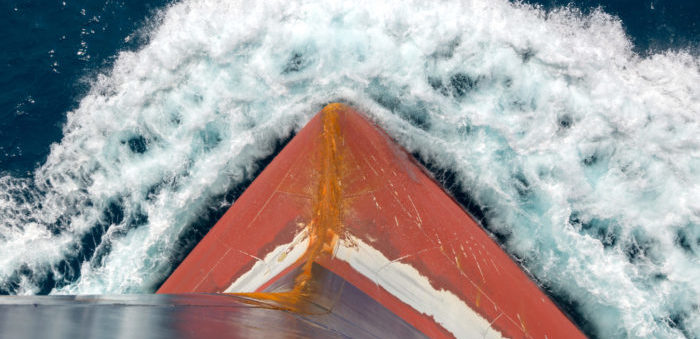On October 28, 2021, the U.S. Department of Justice’s Deputy Attorney General Lisa Monaco announced several key updates to DOJ’s approach to corporate criminal prosecutions.
While addressed to corporate prosecutions generally, the new updates will apply to companies facing DOJ investigations for alleged MARPOL compliance violations, such as failures to maintain oil record books or unlawful bypasses in the discharge of oily wastes.
The most important aspect of the updates is the fact that, while the priority remains individual accountability, DOJ will not hesitate to hold companies accountable.
For this reason:
Companies that seek credit for cooperation with the government will be required to identify all persons involved in the alleged misconduct, regardless of position and level of involvement, and will be required to produce all non-privileged information about those persons’ involvement
Furthermore, new guidance will be issued to prosecutors regarding what historical misconduct needs to be evaluated when considering corporate resolutions. Namely, prosecutors will now be directed to consider the full criminal, civil and regulatory record of any company when deciding what resolution is appropriate for a company that is the subject or target of a criminal investigation.
Going forward, prosecutors can and should consider the full range of prior misconduct, not just a narrower subset of similar misconduct
Ms. Monaco explained.
Third, DOJ is making clear that the department is free to require the imposition of independent monitors to satisfy the prosecutors that a company is living up to its compliance and disclosure obligations under the DPA or NPA.
The decision to use monitors must also include consideration of how the monitorship is provided and the standards by which monitors are expected to do their work
according to DOJ.
Lastly, Ms. Monaco also announced the creation of the Corporate Crime Advisory Group. This group will consider monitorship selection, recidivism and non-compliance. It will also make recommendations on what resources can assist better enforcement, and ensure that individual accountability is prioritized.
The advisory group will then develop recommendations and propose revisions to the department’s policies on corporate criminal enforcement.
Continuing, Ms. Monaco’s comments also emphasized several other key points that companies need to be aware of:
- Companies need to actively review their compliance programs to ensure they adequately monitor for and address misconduct.
- For clients facing investigations, as of today, the department will review their whole criminal, civil and regulatory record.
- For clients cooperating with the government, they need to identify all individuals involved in the misconduct and produce all non-privileged information about those individuals’ involvement.
- For clients negotiating resolutions, there is no default presumption against corporate monitors. That decision about a monitor will be made by the facts and circumstances of each case.
- More actions are expected to better combat corporate crime.
Taking all of the above into consideration, Ms. Monaco urged companies to review their corporate compliance programs, in order to:
Ensure that the programs meet industry standards and governmental expectations
What is more, companies should also assess whether those programs are capable of establishing a compliance culture, through audits, surveys, or otherwise.
Companies should also carry out training to make sure that all personnel, from the Board Room to the Engine Rooms, are aware of their responsibilities for compliance, and their personal exposure for company violations
stated Ms. Monaco.
What is more, companies that have successfully addressed MARPOL violations by employees have done so by showing effective compliance programs that include clear policies, specific assignments of responsibility, extensive training, regular audits and assessments, and accountability for all personnel.
As for companies involved in the ownership or operation of vessels trading to U.S. waters, they would be well-advised to be aware of the renewed DOJ interest in enforcement actions against corporate entities.
These new updates come at a time when environmental fines continue as seen in two recent updates from DOJ:
#1 In the first incident, a Cyprus-based company that operates several commercial vessels, was fined $2M for concealing illegal discharges of oily water into the Atlantic Ocean. The company pleaded guilty to two felony offenses in two judicial districts – the Eastern District of Virginia and the Eastern District of Louisiana.
As a result, it was sentenced to pay a fine of $2 million placed on probation for a period of four years, and ordered to implement a comprehensive Environmental Compliance Plan as a special condition of probation.
#2 In the second case, the owner and operator and a Chief Engineer were indicted in U.S. Federal Court in New Orleans for breaching environmental and safety laws related to the MV Joanna, a Marshall Islands registered bulk carrier.
The grand jury indictment alleges that the companies and the Chief Engineer tampered with required oil pollution prevention equipment and falsified the ship’s Oil Record Book.
The defendants were charged with violating the Ports and Waterways Safety Act by failing to immediately report a hazardous situation that affected the safety of the ship and threatened U.S. ports and waters.






























































